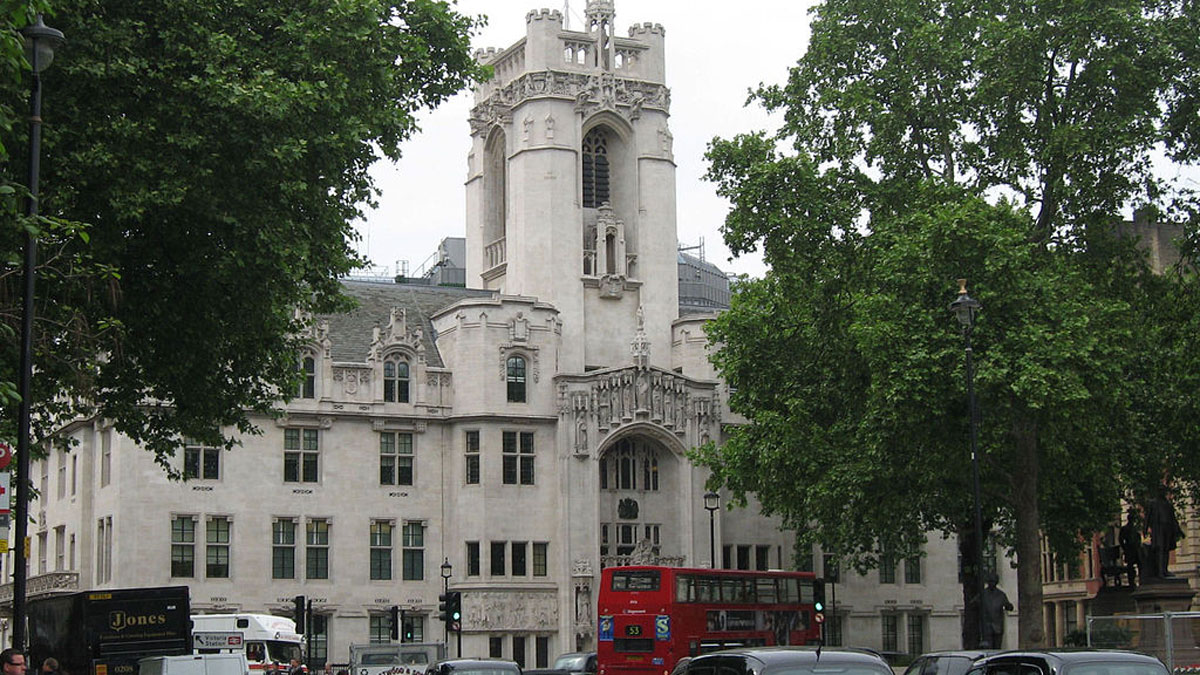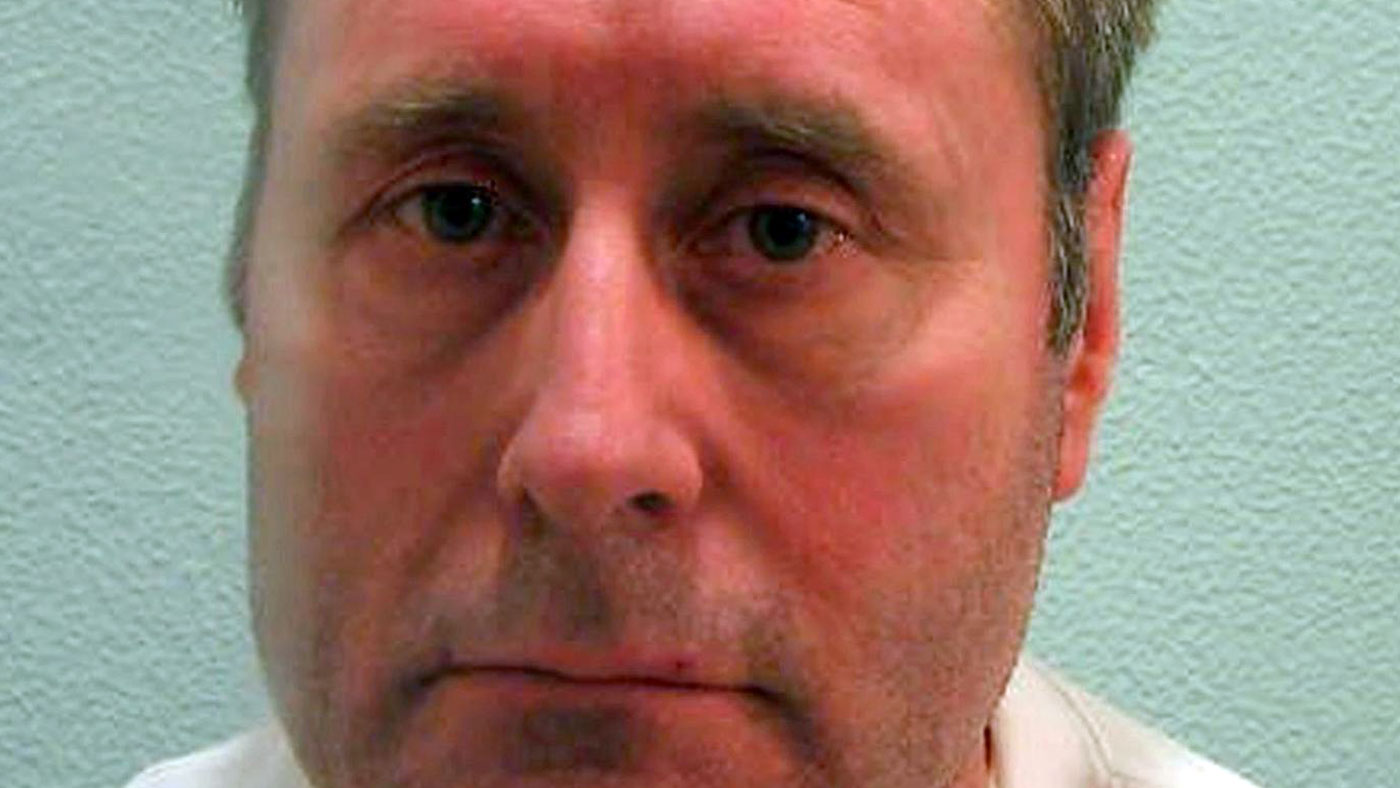Joint enterprise law was wrongly interpreted for 30 years, says Supreme Court
Justices rule in favour of Ameen Jogee, saying that forseeing the possibility of a crime must not be sole grounds for conviction

A free daily email with the biggest news stories of the day – and the best features from TheWeek.com
You are now subscribed
Your newsletter sign-up was successful
Trial judges have been wrongly interpreting the joint enterprise law, which allows accomplices of crimes to be convicted of the same offence as the actual perpetrator, for 30 years, the UK Supreme Court has ruled.
The court delivered its verdict after considering the case of Ameen Jogee, who was convicted of murder after encouraging his friend, Mohammed Hirsi, to attack a former police officer shortly before Hirsi fatally stabbed the man at a flat in Leicester in 2011.
Activists argued that Jogee, who was not inside the property at the time, could not have reasonably predicted Hirsi would pick up a kitchen knife and kill the victim.
The Week
Escape your echo chamber. Get the facts behind the news, plus analysis from multiple perspectives.

Sign up for The Week's Free Newsletters
From our morning news briefing to a weekly Good News Newsletter, get the best of The Week delivered directly to your inbox.
From our morning news briefing to a weekly Good News Newsletter, get the best of The Week delivered directly to your inbox.
Revaling the court's judgement today, Lord Neuberger, who led the team of five justices, said that merely "foreseeing" the possibility of a crime taking place, without intention to encourage or assist it, must not be the sole grounds for a conviction on the basis of joint enterprise.
Jogee, who is currently serving a life sentence, will remain in prison while lawyers decide if he should be retried.
Today's ruling, which will take effect in England, Wales and Northern Ireland, will make it harder for accomplices to serious crimes to be prosecuted under the joint enterprise doctrine.
What is joint enterprise?
A free daily email with the biggest news stories of the day – and the best features from TheWeek.com
Under the principle of joint enterprise, also known as "common purpose", anyone found to have encouraged or assisted in a crime can be convicted of the offence alongside the actual perpetrator. To secure a conviction, the prosecution must prove the defendant foresaw the possibility of a crime being committed and took no action to prevent it. In the Jogee case, prosecutors argued that knowing Hirsi was armed and encouraging him to attack meant that he was aware that his actions could result in the man's death. Today's ruling means that mere foresight will no longer be enough to prove joint enterprise.
The precedent dates from an 1846 case, in which two cart drivers were convicted over the death of a pedestrian who had been knocked down as they raced each other. It was ruled that in agreeing to a race, which both knew was dangerous, they were acting with "common purpose" and were therefore equally liable for the death.
Why is the doctrine controversial?
Joint enterprise raises challenging questions of culpability, Clive Coleman, the BBC's legal affairs correspondent, said before today's ruling. "Many feel that sets the bar too low for the prosecution and makes it too easy to sweep up those who played a minor role," he said.
London solicitors Kaim Todner adds that one of the most controversial aspects of joint enterprise is its tendency to disproportionately affect young people, who are more likely to be involved in group crimes such as gang killings. In a recent survey of 250 current joint-enterprise prisoners by the Centre for Crime and Justice Studies, it was found that more than half were from a black and ethnic minority background.
The most famous invocation of joint enterprise in English law was the 1952 trial of Derek Bentley case, who was found guilty of murder and hanged for allegedly encouraging his friend, Christopher Craig, to shoot a police officer pursuing the pair.
Bentley's words to Craig seconds before he pulled the trigger - "Let him have it" - became the title of a 1991 biopic starring Christopher Ecclestone that condemned the execution.
He received a posthumous pardon in 1997, as it was found that the prosecution had failed to prove he knew Craig was armed with a gun, but the laws on joint enterprise were upheld.
-
 Switzerland could vote to cap its population
Switzerland could vote to cap its populationUnder the Radar Swiss People’s Party proposes referendum on radical anti-immigration measure to limit residents to 10 million
-
 Political cartoons for February 15
Political cartoons for February 15Cartoons Sunday's political cartoons include political ventriloquism, Europe in the middle, and more
-
 The broken water companies failing England and Wales
The broken water companies failing England and WalesExplainer With rising bills, deteriorating river health and a lack of investment, regulators face an uphill battle to stabilise the industry
